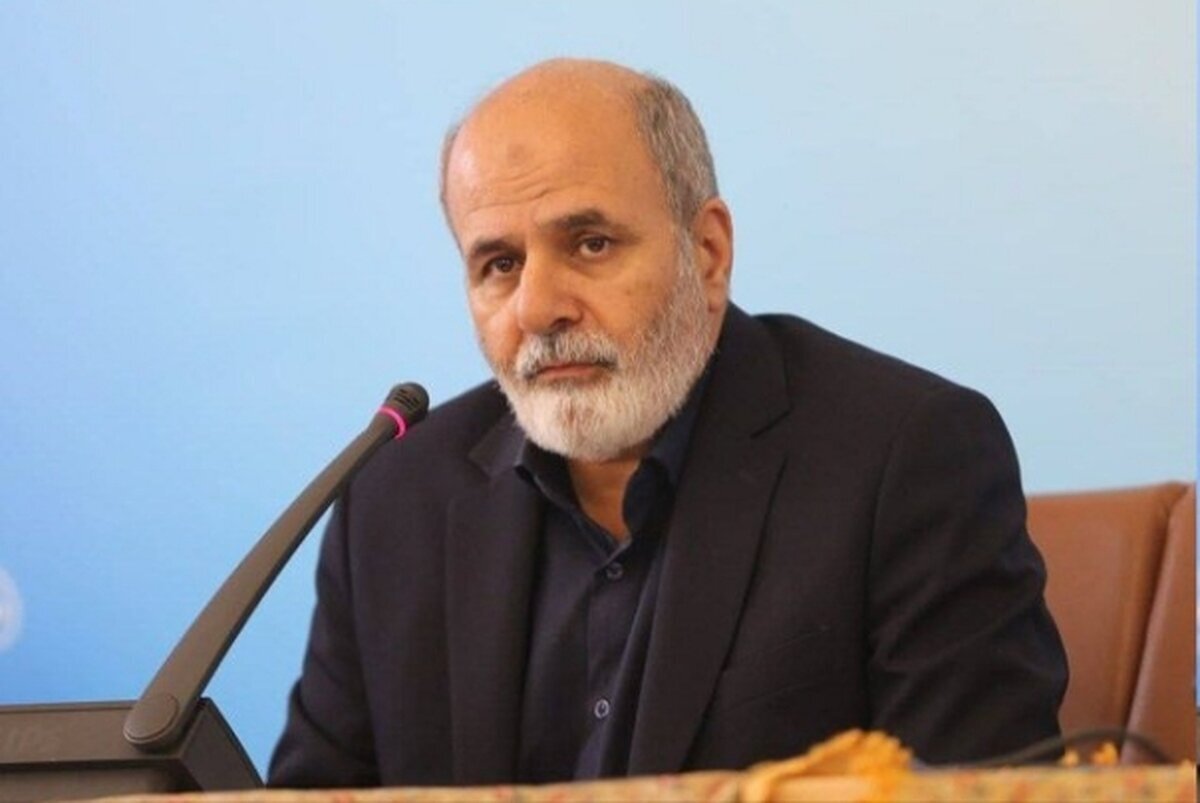Iran’s presence in Syria: security chief explains the ‘why’ and ‘how’

TEHRAN – In an interview with Khamenei.ir, Ali Akbar Ahmadian, Secretary of Iran's Supreme National Security Council (SNSC), provided a comprehensive explanation of Iran's presence in Syria over the past decade.
Syrian President Bashar al-Assad’s government collapsed earlier this month after an insurgency in the country’s northwestern Aleppo province quickly spread across the nation in the face of the Syrian army’s lack of resistance.
Assad's Syria was a close Iranian ally, maintaining a strongly anti-Israel stance. With Syria's future uncertain following Assad's departure, Western media narratives frequently portray the situation as a significant setback for Iran, suggesting that Assad's Syria was heavily influenced—militarily and politically—by Iran, and his fall represents the loss of a key asset.
In his Thursday interview, Ahmadian clarified that Iran's involvement in Syria had been limited, focusing on counterterrorism and regional stability. He emphasized that the Resistance movement extends beyond Syria and will continue to expand across the region.
Strategic principles and conditions for involvement
Ahmadian outlined the foundational principles that have guided Iran's military and advisory presence abroad.
He emphasized that Iran's actions are always based on decisive defense against foreign threats, with no initiation of aggression. “Iran has never initiated aggression against anyone,” Ahmadian stated.
Furthermore, Iran adheres to non-interference in the affairs of other countries unless three specific conditions are met: a formal request from the official government, non-opposition to the local population, and a clear national interest or ideal, such as defending the oppressed.
Iran sent military advisors to Syria in the 2010s after an official request by Damascus which was struggling to contain the growing surge of foreign-backed terrorism.
“The relationship between Iran and Syria dates back to the era of Hafez al-Assad. This close relationship was rooted in shared opposition to Zionism and the defense of Palestinian rights. However, with the emergence of ISIS, Iran's role evolved to address the new threat,” the official stated.
‘Iran needed to vanquish Deash before it could reach its borders’
Elsewhere in his remarks, the security chief explained that Iran’s actions in Syria were largely for its own security. “We are not at all regretful of the costs we incurred,” he asserted. “If ISIS had not been eradicated in Syria and Iraq, we would have had to fight ISIS within our own borders at many times the cost today. The goal of destroying ISIS was achieved, and it was a significant achievement that justified the costs of our presence.”
Ahmadian stressed, adding, “We decisively entered into war with ISIS, just as we fought ISIS in Syria and Iraq. Today, if ISIS reappears with the same characteristics and features around us, we will naturally suppress it in that location.”
The official also responded to inquiries regarding the fall of Assad, and why Iran did not send troops to Syria to counter the new insurgency. “Iran was never meant to fight in place of the Syrian army, especially against a force that does not pose a decisive threat to the Islamic Republic,” he clarified. He added that after the fall of ISIS, Iran had withdrawn its forces at the request of the Syrian government and did not have an operational presence in the region to decide whether to accompany them or not. “Furthermore, rapid reinforcement was not feasible unless the Syrian army resisted,” he emphasized.
